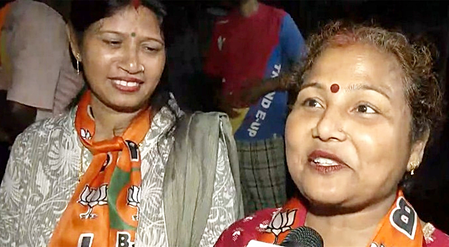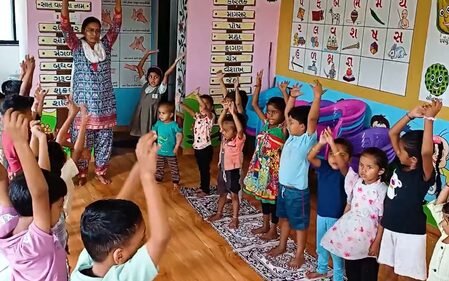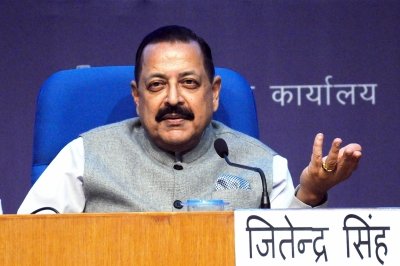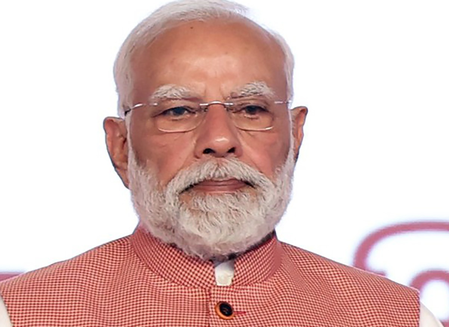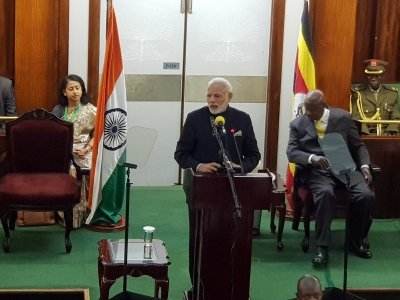
Hyderabad, July 28 (NSS): Minister for Irrigation N Uttam Kumar Reddy has informed that the State government has outlined a comprehensive expenditure plan for the fiscal year 2024-25, focusing on various irrigation projects across the Godavari and Krishna basins aimed at creating new ayacut for additional 30 lakh acres in next five years.
“Our aims is to create new irrigation potential and stabilise existing infrastructure to support agricultural productivity in the Telangana State,” Uttam Kumar Reddy reiterated.
The Minister held a review meeting with officials concerned at Jal Soudha here on Sunday and discussed various aspects, including budget allocations and progress of irrigation projects across the State.
Later, speaking to the media, the Minister said the irrigation sector has received a clear focus in the financial budget, with a capital investment allocation of Rs 10,820 crores and the State government has decided to work aimed at creating an additional 30 lakh acres of ayacut across Telangana in five years.
He reviewed the progress of priority projects, measures to expedite work and actions taken on petitions submitted by public representatives regarding irrigation issues.
“There will be no shortage of funds for priority projects and the allocation for the Irrigation department is adequate,” Uttam Kumar Reddy clarified.
He stressed the importance of completing field-level work according to targets and ensuring that assigned tasks are completed on time.
The Minister also lambasted BRS working president KT Rama Rao for making irresponsible remarks on the Kaleshwaram project.
Dismissing the demand of KT Rama Rao who asked the State government to lift the water from the Lakshmi (Kannepally) pump house of the Kaleshwaram lift irrigation project, the Minister said that
KTR’s suggestions could lead to catastrophic consequences, including structural damage to key barrages such as Medigadda, Annaram, and Sundilla.
He warned that overfilling these reservoirs could result in severe downstream flooding, threatening the lives and properties in villages like Bhadrachalam and compromising projects such as Sammakka-Saralamma and Sitaram LIS.


